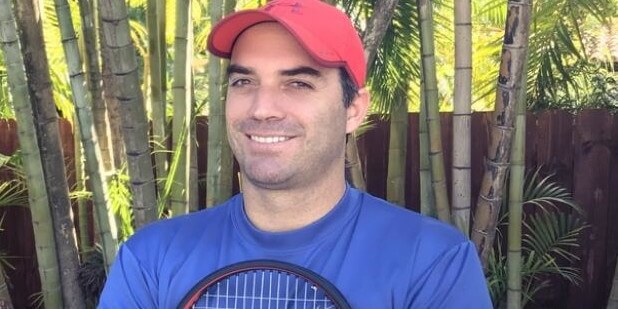Re: the thread about junior / college tennis being a waste of time, which was taken down as I attempted to reply
Someone who shall not be named (don’t feed the troll) tries so hard on these forums to make himself feel better about being a low level tennis player by spamming these forums and bashing those that reached a higher level in tennis as people who wasted their lives.
100-250 in the country as a junior depending on age group, spent tons of time on the court and loved it, made incredible lifelong friends and grew as a person challenging myself to become a better tennis player - parents spent much less than the number someone quotes, but yes they spent a lot of time and money supporting me, and shockingly they enjoyed supporting me and traveling with me to tournaments
Attended Duke, now a practicing physician and professor at an academic medical center, so I guess it didn’t ruin my brain
And still love and look forward to the couple days a week I get out there to compete w 4.5-5.0 friends, stay fit, and enjoy this great sport
May I be so lucky for my kid to pursue this sport and have me ‘waste’ tens or even a couple hundred thousand supporting him and chatting with him about life / victory / defeat as we travel to and from tournaments and he fails to become a pro tennis player
Someone who shall not be named (don’t feed the troll) tries so hard on these forums to make himself feel better about being a low level tennis player by spamming these forums and bashing those that reached a higher level in tennis as people who wasted their lives.
100-250 in the country as a junior depending on age group, spent tons of time on the court and loved it, made incredible lifelong friends and grew as a person challenging myself to become a better tennis player - parents spent much less than the number someone quotes, but yes they spent a lot of time and money supporting me, and shockingly they enjoyed supporting me and traveling with me to tournaments
Attended Duke, now a practicing physician and professor at an academic medical center, so I guess it didn’t ruin my brain
And still love and look forward to the couple days a week I get out there to compete w 4.5-5.0 friends, stay fit, and enjoy this great sport
May I be so lucky for my kid to pursue this sport and have me ‘waste’ tens or even a couple hundred thousand supporting him and chatting with him about life / victory / defeat as we travel to and from tournaments and he fails to become a pro tennis player

